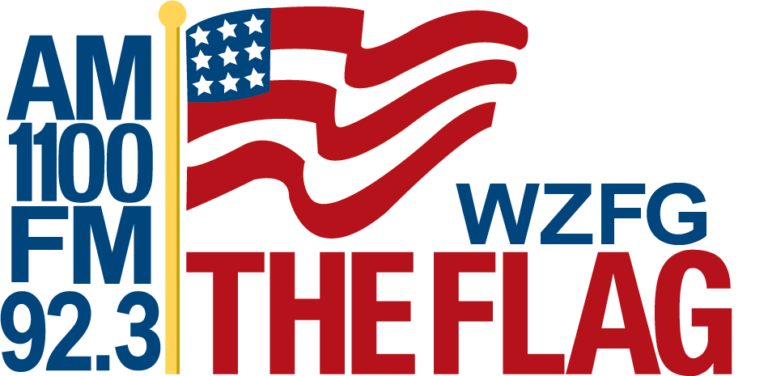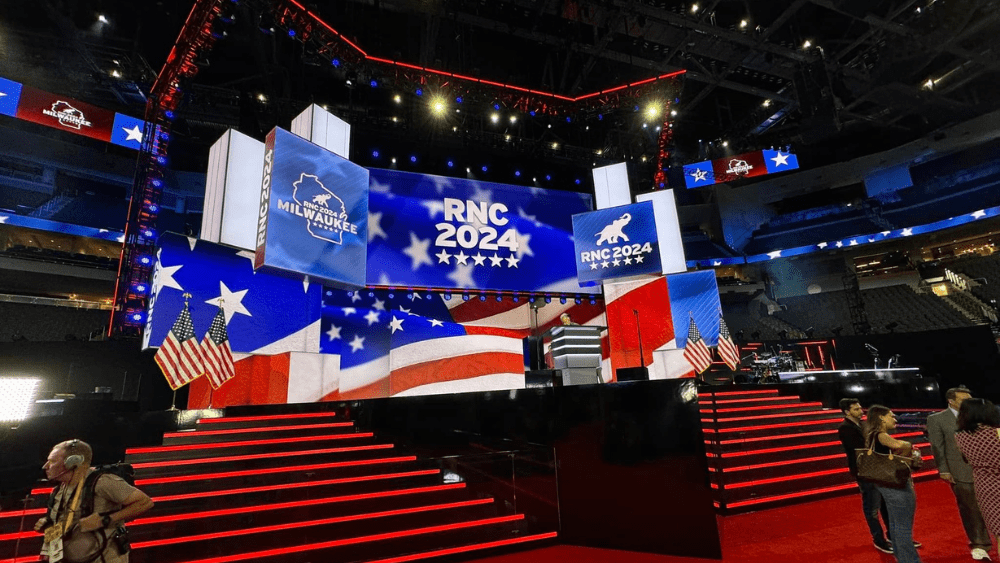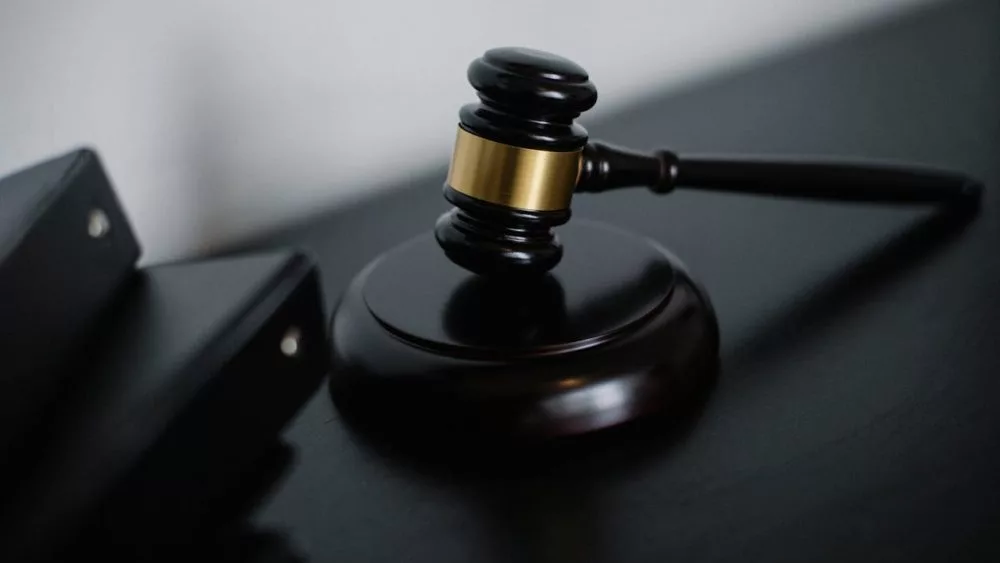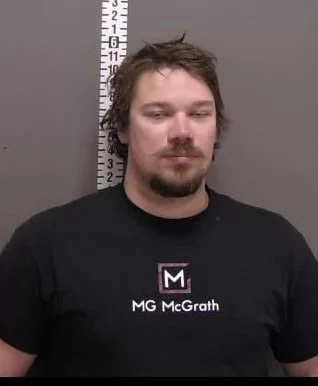(Milwaukee, WI) — The eyes of American politics will be fixed on Wisconsin this week as the 2024 Republican National Convention begins. Delegates will endorse former President Donald Trump to advance to the November general election for a third straight time.
The convention marks the next step in a tumultuous campaign after an unsuccessful assassination attempt in Butler County Pennsylvania on Saturday, July 13th left the former president with a surface wound to his ear.
Republicans and Democrats have both voiced concerns about the integrity of elections, with Democrats challenging Trump’s win in 2016 and Republicans sounding the alarm in 2020 after Democrat Joe Biden bested Trump as he sought re-election.
Wisconsin will be a key swing state in 2024. Biden edged Trump by just over 20,000 votes in a state of 5.9 million people. Republicans claimed fraud due to voter roll issues and numerical inconsistencies they saw in post-election data. Marquette Law School researchers found nearly two-thirds of Wisconsin Republicans were not confident in the 2020 election results compared to more than 90% of Democrats who were. Donald Trump paid for a partial recount in two Democratic counties, Milwaukee, and Dane after losing Wisconsin.
Democrats have had their own concerns here. Green Party presidential candidate Jill Stein paid for a 2016 statewide recount after Trump beat Hilary Clinton.
Neither recount changed the results of the election, but summer polling indicates that the state will again be won by a thin margin. The Real Clear Politics aggregate of Wisconsin polls shows Trump leading Biden by just 2.6%, within the margin of error.
Against this backdrop, a new bi-partisan effort has been launched to win over doubters of election integrity here. The Democracy Defense Project is aimed at promoting secure elections especially when they are close in battleground Wisconsin.
The effort could not be more timely.
The Wisconsin Supreme Court, in early July, reversed a ruling that banned most ballot drop boxes, opening the door for election officials to reinstate their use in this election cycle. Just two years earlier, the state Supreme Court, then under a conservative majority, held that absentee ballot drop boxes, which were used widely during the 2020 election, were not legal.
In an interview on WZFG Radio’s “What’s On Your Mind” program, Vice Chair of the American First Policy Institute’s Center for Election Integrity, Hogan Gidley, discussed Republican efforts to promote a secure and safe election in 2024.
“We’re a whole lot better off now than we were before. I mean, we’ve passed laws in like 36, 37 states to help pass laws to protect legal votes and legal voters. But of course, the left is always trying to usurp those things. A great example of that is in Wisconsin where we had won some victories in the court level about protected drop boxes around Wisconsin. Supreme Court comes in and says, Nope, don’t need to be protected. Just put them everywhere. So, we’re having to fight that in court. Incredible.”
Liberals gained a majority in Wisconsin’s state Supreme Court last August when newly elected Justice Janet Protasiewicz took office to replace retiring conservative Justice Patience Roggensack. In their newly released decision, the new-look court concluded the 2022 ruling was wrongly decided.
“Our decision today does not force or require that any municipal clerks use drop boxes,” Justice Ann Walsh Bradley wrote in Friday’s majority opinion. “It merely acknowledges what [Wisconsin state law] has always meant; that clerks may lawfully utilize secure drop boxes in an exercise of their statutorily-conferred discretion.”
National Public Radio reports that last week’s decision makes it easier for Wisconsinites to vote, by reinstating a “convenient and reliable option,” said attorney David Fox, who argued the case on behalf of Priorities USA.
“If you put the ballot in the mail, you don’t know when it’ll get delivered, and voters worry about whether it will get delivered in time and whether it will be counted,” said Fox of the Elias Law Group. “But if you put it in a drop box by the deadline, you know that it’s going straight to election officials, and it will be counted.”
Gidley says the decision violates existing ordinance.
“State law in Wisconsin only allows absentee ballots to be returned to a mailbox or directly to the municipal clerk. You can’t just drop it in some clandestine box in the middle of nowhere. And in that situation, they made no specification on that box needed to be emptied at a certain time or a regular interval, or who could empty the box. There’s no record keeping, and no chain of custody protection. I mean, it’s really problematic. And so we’re trying to fight that in court now and through the legislature to see if they can’t step up and do what they’re supposed to do as, as outlined by the Constitution.”
The state of Georgia, however, moved in the opposite direction last week.
The state’s election board, on a 3-1 vote, endorsed three publicly submitted measures, including one that would require a hand count at the end of voting days to verify the vote totals given by machines. Another requires public reconciliation reports for vote totals. Democrats responded by saying similar measures were put in place in 2019 but they proved cumbersome and impractical.
Gidley says the decision was a win for accuracy and common sense.
“In the last couple days [they had] a game changing piece by the Georgia Election Board. They adopted a rule that required ballots to be hand counted at the precinct level by poll officers every day of voting to ensure the totals match with the machines. Now, that is huge. And by the way, every state should do that. There is no reason for those totals not to match at the end of the day. That would be like me walking into a bank giving them a hundred dollars, and the deposit slip comes back and says $98 or $114, right? The bank’s going to have some concerns either way, and so am I. You want those things to match at the end of every day.”
The Republican National Committee announced in April that it, along with the Trump campaign, plans to deploy more than 100,000 volunteers and attorneys to serve as poll watchers across battleground states in the 2024 election.
“Every ballot. Every precinct. Every processing center. Every county. Every battleground state. We will be there,” the RNC declared.
Gidley says organizations like America First Policy Institute have been on the front lines every day.
“We’ve worked to ban “Zucker Bucks” in a lot of different states, which is the outside private dollars being used to administer public elections, which is a problem. And some various forms of voter identification in a lot of places, not just for in-person, but also for mail-in as well. So, we’ve had some successes there, but look there’s a long way to go. And the way you protect legal votes and legal voters is to have people in the room watching this stuff. The reason you see a lot of the videos coming up from other elections with ballot sizes and paper printing problems and all that is because we trained people to be ready for it, and they had video of it. So, you can see the problems happening in real time. That’s what you have to do, is be involved…But there are a million lifetimes, several eternities between now and November.”
He says there will be many long days ahead.
You have to go back to the nuts and bolts, the blocking and tackling that actually wins elections. Ballot harvesting, ballot chasing, voter registration drives, making sure people actually do get out there and vote. Being a poll watcher, being a poll worker. Those are things that you have to do at the local level to ensure the process is free, fair, and honest. And so the more people we can get on the playing field doing that, the better off we’ll be. So even if they try something, we’ll have people there to stop it.
Part of the issue with this plan, Cobb County Elections Director Tate Fall told USA TODAY, is that there is no universal training for poll watchers across political parties. The Republican Party may tell their poll watchers that they’re allowed to go into certain areas and demand to see particular information, while the Democratic Party might tell their poll watchers something entirely different.
“I think the term ‘poll watcher’ means a lot of different things to a lot of different people,” Fall said. “The lack of clear guidance and infighting among poll watchers creates an opportunity for things to escalate unnecessarily. Observers have told me, ‘I trust y’all. I’m here to observe the other observers.’ That rhetoric makes me nervous because I think that’s when they start watching each other and saying, ‘You can’t do that.’ Then the elections manager is there playing mom between two siblings that are arguing.”





